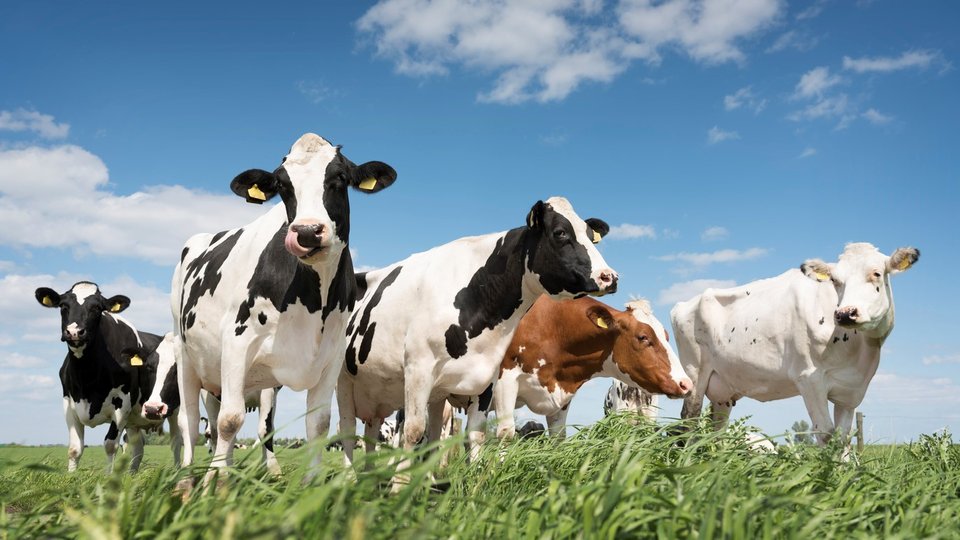Food & Beverage
McDonald's is major player in grasslands conservation program

September 23, 2020
McDonald's is joining with the World Wildlife Fund, Walmart Foundation and Cargill on a million-acre grazing program to help restore grasslands in the U.S. and address one of the factors in climate change, a news release said.
The initiative will scale sustainable cattle grazing and connect ranchers across Montana, Nebraska and South Dakota to help preserve grasslands, improve soil health, support biodiversity and improve both producer and climate change resilience.
To make the program happen, McDonald's, the Walmart Foundation and Cargill will invest more than $6 million to improve the Northern Great Plains grasslands. The Ranch Systems and Viability Planning network will support ranchers across the eco-region with technical expertise, training and tools to help advance grazing practices that improve the health of the land.
By better managing the million acres over a five-year period, the effort will improve the soil by boosting carbon storage and sequestration, improving water infiltration and establishing better outcomes for biodiversity.
"These partnerships bring producers, suppliers, NGOs and brands to the table to drive the widespread adoption of more sustainable and regenerative practices that reduce emissions, mitigate climate change and support livelihoods," Francesca DeBiase, McDonald's EVP and chief supply chain and sustainability officer, said in the release. "This innovative work is an important step toward scaling climate solutions across the supply chain, building resiliency and achieving McDonald's science-based climate target to significantly reduce emissions across our offices, restaurants and supply chain by 2030."
The partnership also supports McDonald's ambition to use its scale and farm-to-restaurant relationships to reduce greenhouse gas emissions and evolve the food system for a more resilient and sustainable future.
"Ranchers are the most important stewards of the grasslands of the Northern Great Plains. As managers of over 70% of the remaining intact grasslands within this region, they hold the keys to its future," Martha Kauffman, managing director of WWF's Northern Great Plains program, said in the release. "The RSVP network will support ranching partners in planning and improving the resiliency of their operations, so they continue to provide habitat for wildlife, store carbon, filter clean water, produce nutritious food and support communities for generations to come."
The Northern Great Plains ecoregion, which comprises approximately 25% of the total area of the Great Plains of North America, remains largely intact, thanks in part to its harsh climate, which has made agricultural expansion relatively difficult until recent decades. In fact, the area still supports 1,595 species of plants, which provide habitat for 300 species of birds, 95 species of mammals and 28 species of reptiles.
The Missouri and South Saskatchewan Rivers, in addition to smaller prairie streams, riparian, and wetlands habitats, provide habitat for 13 species of amphibians and 121 species of fish. Grasslands have evolved to be grazed, and cattle grazing, when managed well, can deliver many conservation benefits, including healthy grasslands, improved soil and the preservation of key habitats.
 ChatGPT
ChatGPT Grok
Grok Perplexity
Perplexity Claude
Claude








